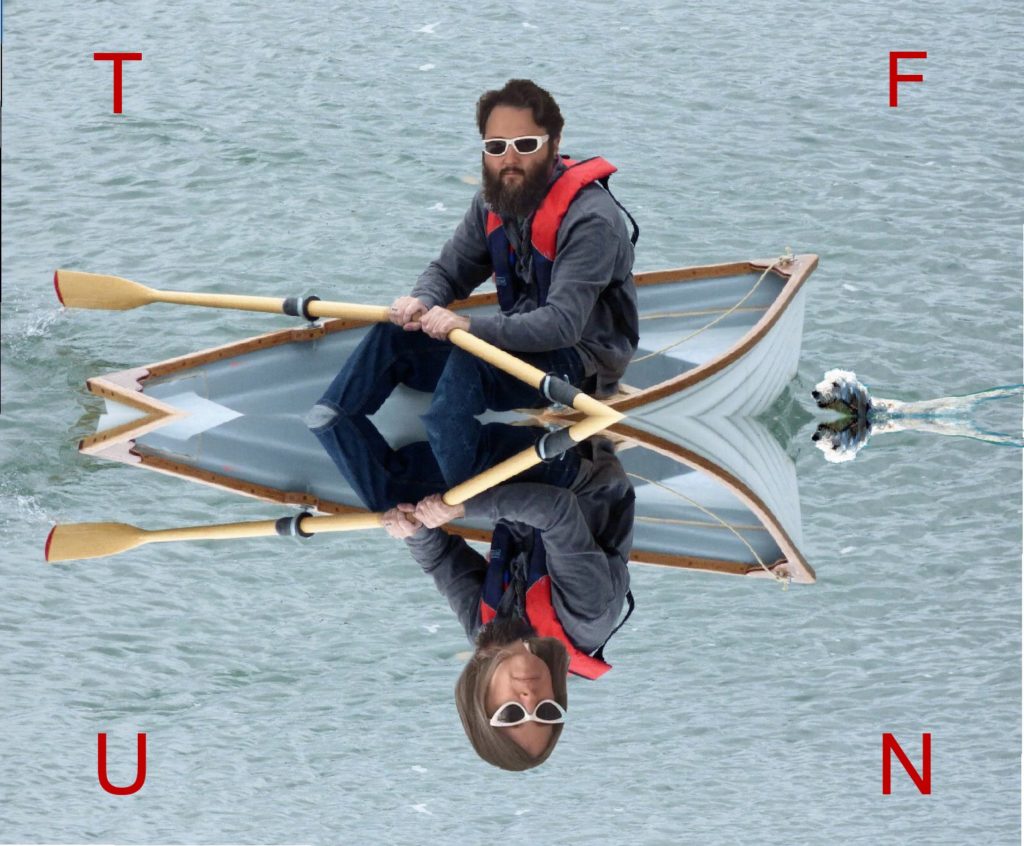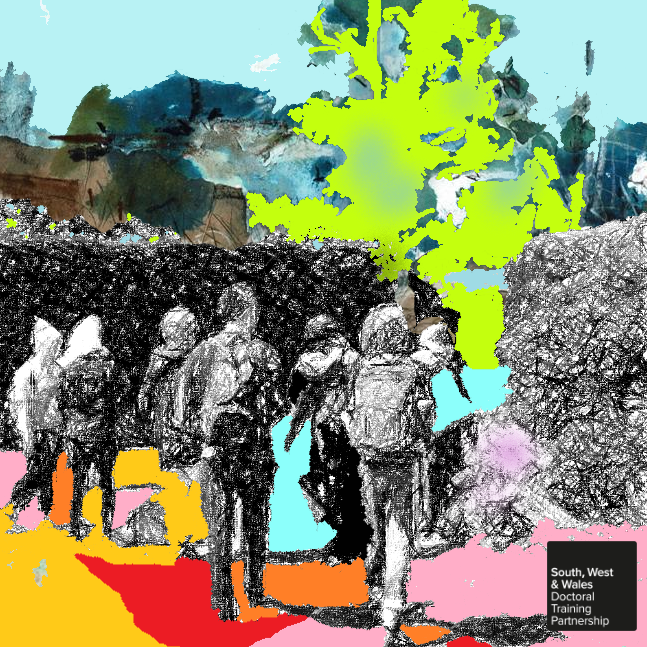
And you’ve asked me to think about medicine
a collective sonic collage by Sarah Scaife
In a sympathetic garden, we made a gentle journey to explore wellbeing and medicine with some honesty. The work is created from original sounds, collected and recorded live in the gardens of Dartington Hall, Devon, UK, by contributors who joined Sarah’s workshop at Sentient Performativities: thinking alongside the human, 2022.
a wonderful collage of voices — including some amazingly vulnerably and moving moments (particpant)
In the spaces between us and the more-than-human, we found sensations, imaginings and understandings. These conversations are ultimately lyrical and optimistic, but other voices and feelings are heard.
Sarah warmly thanks the participants who generously shared their recordings and trusted her to create this collage. The participants are Eleanor Snare, Gemma Collard-Stokes, Jane Mason, Katrina Brown, Rita Leduc, Sabine Kussmaul, Sam Francis, Scott Thurston.
Sarah Scaife is an artist and doctoral research student in the University of Exeter Department of Communications, Drama and Film. She uses practice-based performance research methods to explore “medicines of uncertainty”. The research is supervised at the University of Exeter and the University of Bristol and supported by the South, West and Wales Doctoral Training Partnership, UK.
Credits
Image credit: Sarah Scaife using photograph by Katrina Brown 2022
Music: digitally devised by Sarah Scaife remixing ‘Elementary’ by Scott Buckley
Created in partnership with Soundart Radio 102.5FM.
Background and context
https://art-earth.org.uk/symposium-sentient-performativities/
More about Sarah’s work on these platforms
https://cargocollective.com/ragged-robin
http://www.berrybrowngown.uk
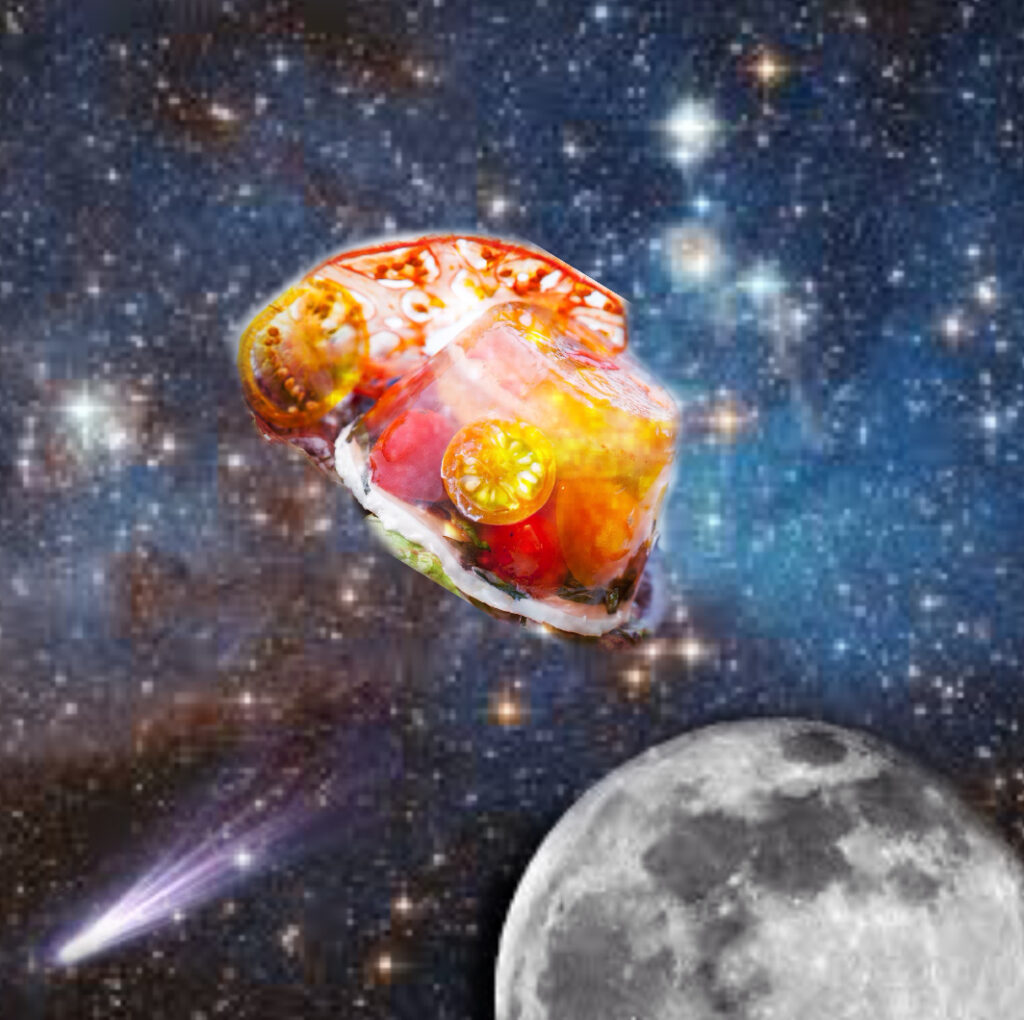

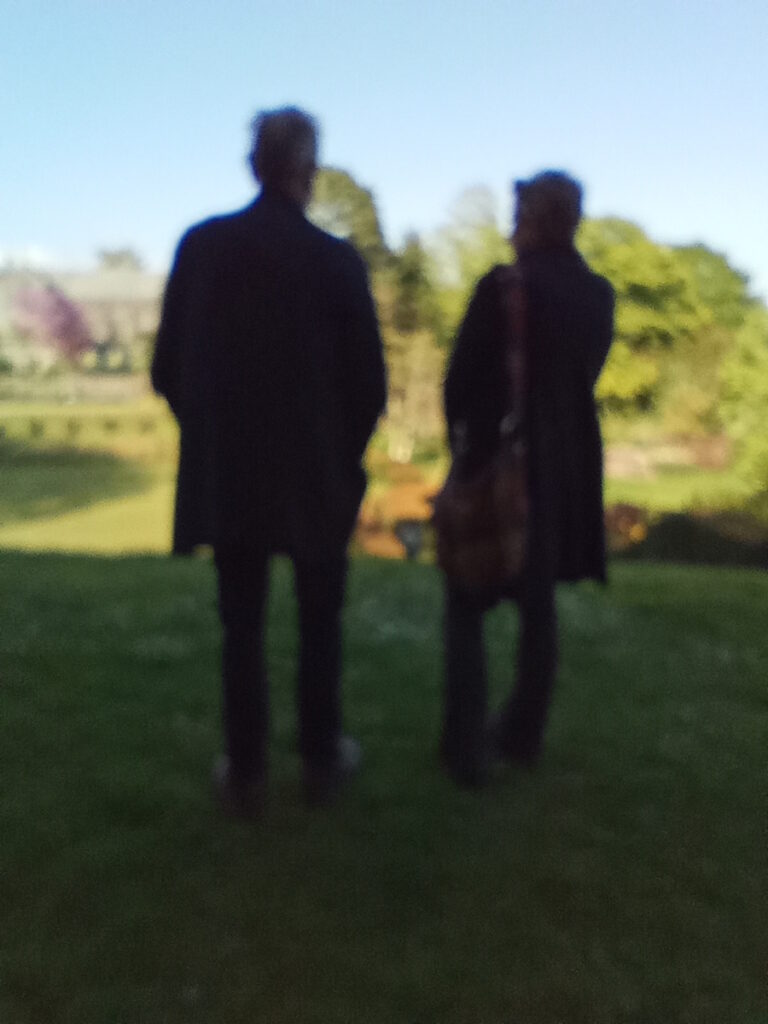
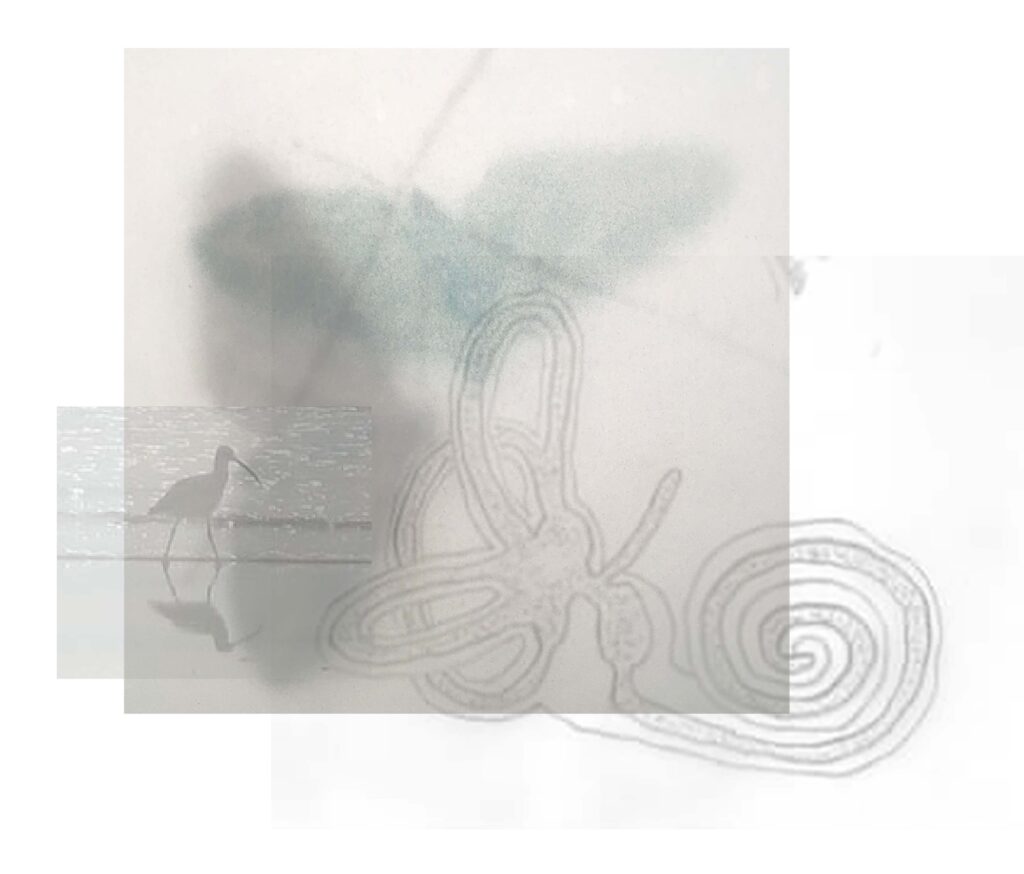
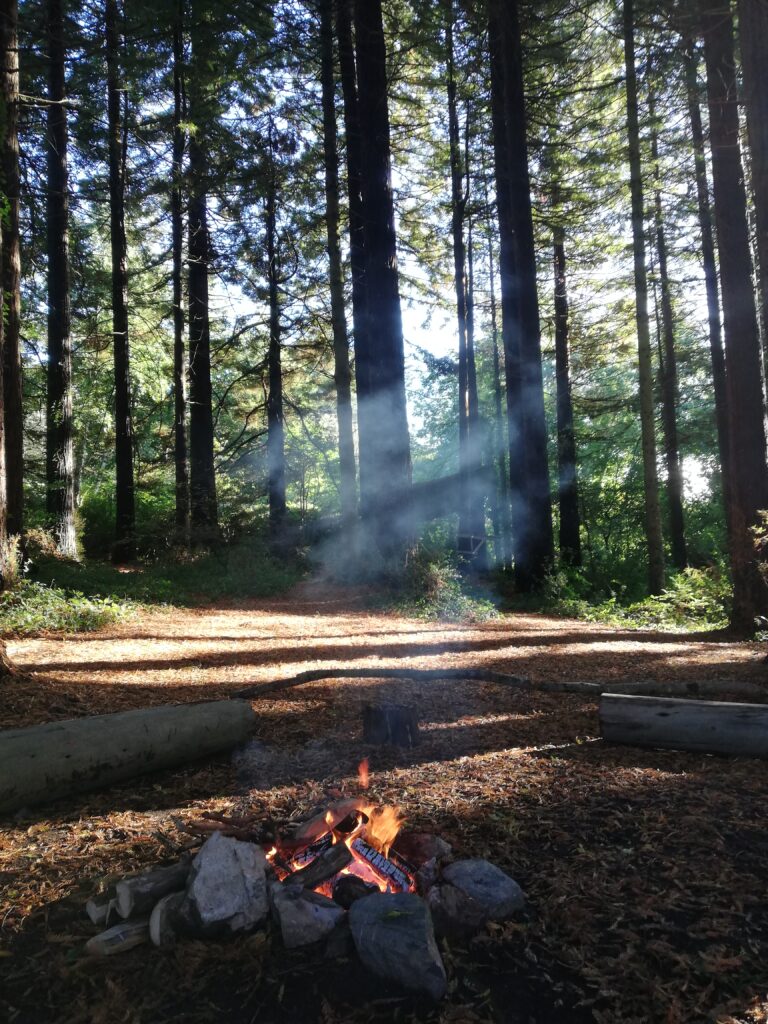
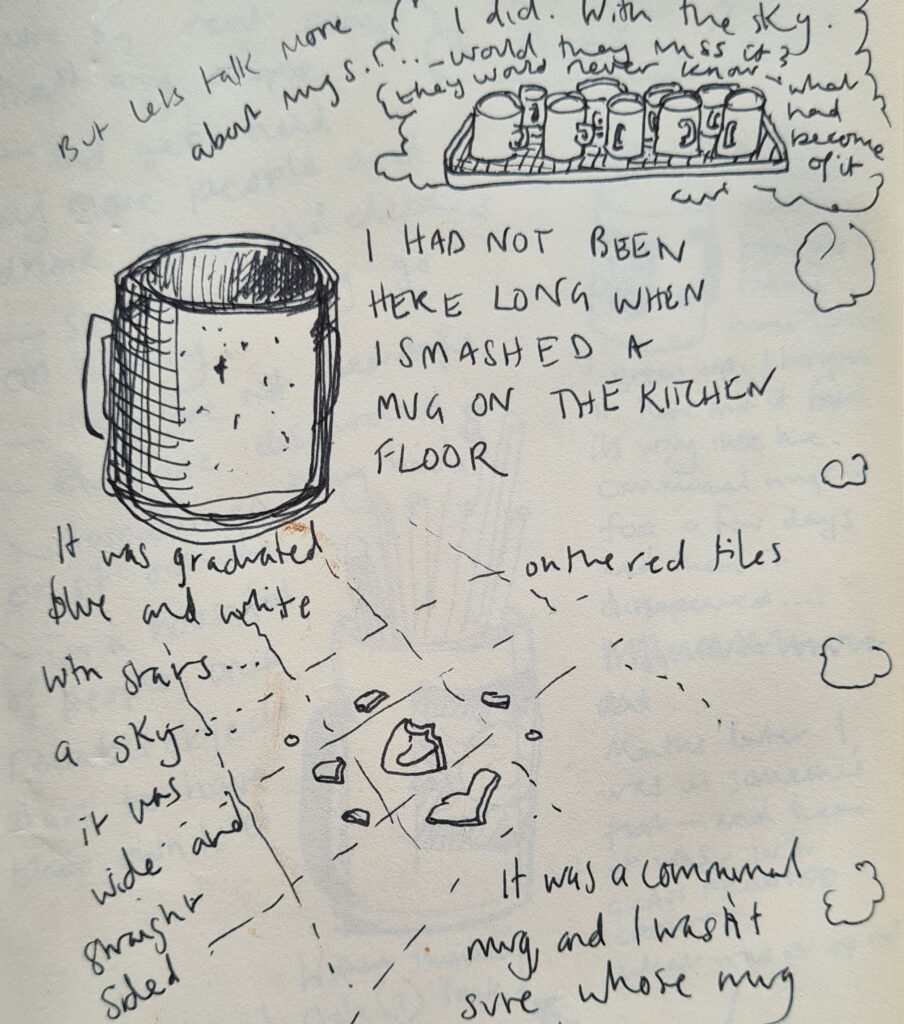
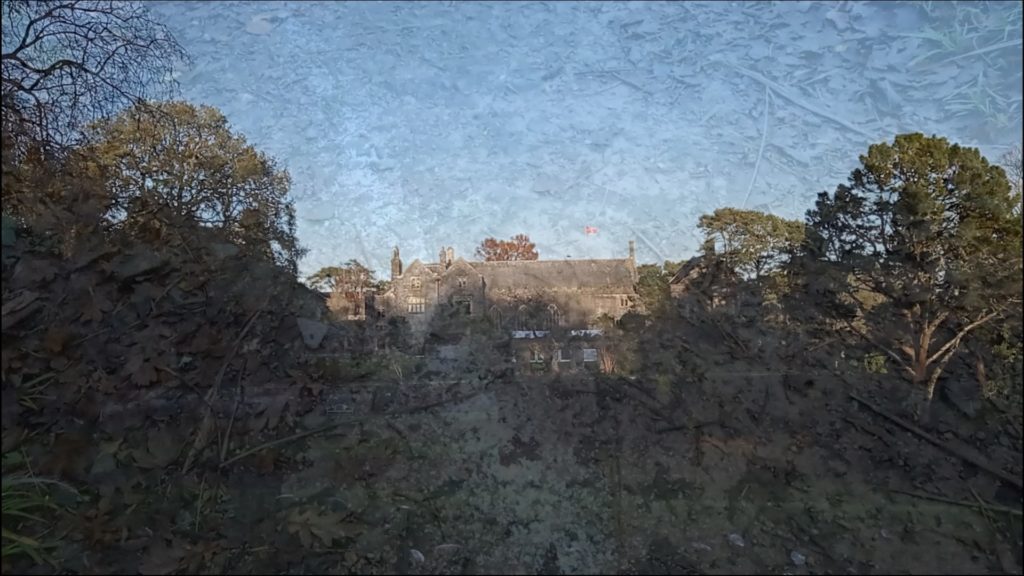
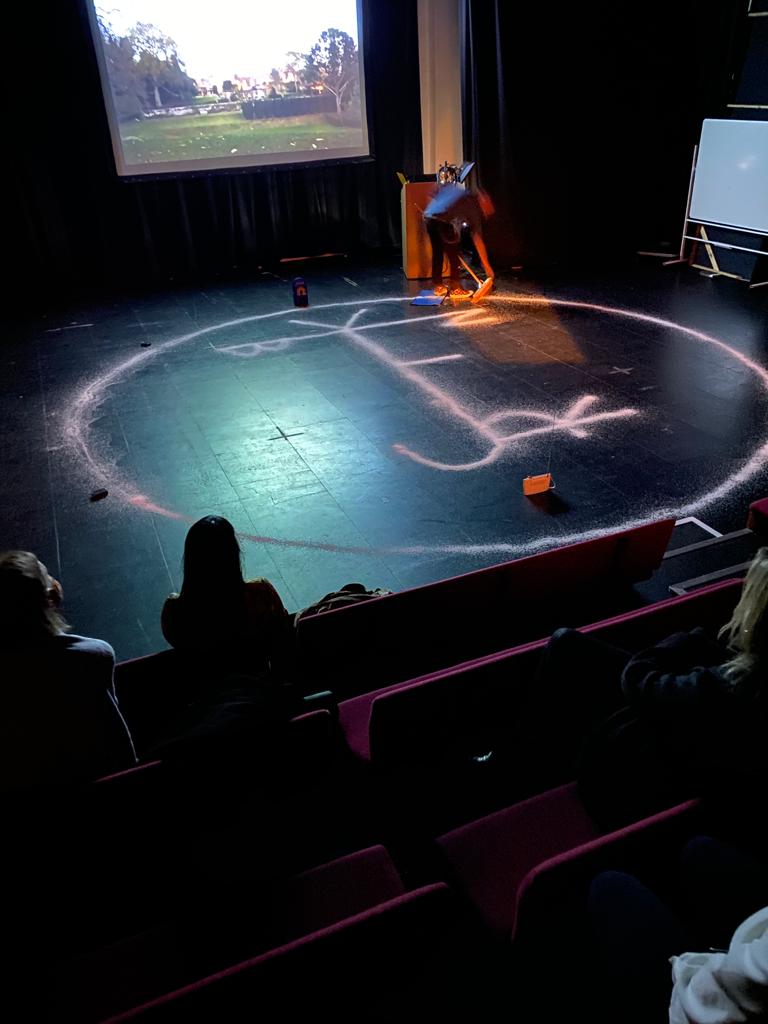

 KINsequences is a collaborative piece of writing by Molly Allam, Sovay Berriman, Alan Braidford, Tara Casey, Rachael Coward, Joanne Dorothea-Smith, Claire Gladstone, Tina Kutter, Clementine Neild & Frances Staniforth. The text has been built by each participant writing in response to the person that has preceded them. It is both in the Surrealist tradition and a version of the parlour game known as ‘consequences’. Each writer can only see the previous participant’s contribution, with the whole only being revealed at the end. The text contains enough common threads to form a narrative arc but travels in unanticipated directions and represents a chorus of voices, both visually and through language. There are three acts; Act I: A Sculpture That Wants To Get Made, Act II: The Making, and Act III: The Viewing.
KINsequences is a collaborative piece of writing by Molly Allam, Sovay Berriman, Alan Braidford, Tara Casey, Rachael Coward, Joanne Dorothea-Smith, Claire Gladstone, Tina Kutter, Clementine Neild & Frances Staniforth. The text has been built by each participant writing in response to the person that has preceded them. It is both in the Surrealist tradition and a version of the parlour game known as ‘consequences’. Each writer can only see the previous participant’s contribution, with the whole only being revealed at the end. The text contains enough common threads to form a narrative arc but travels in unanticipated directions and represents a chorus of voices, both visually and through language. There are three acts; Act I: A Sculpture That Wants To Get Made, Act II: The Making, and Act III: The Viewing.